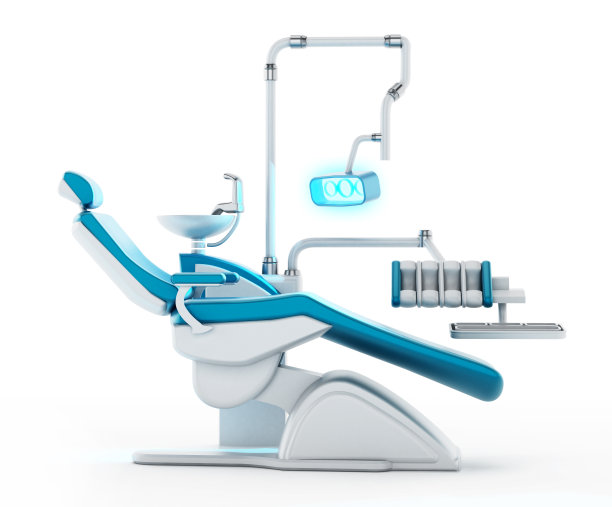Exploring the Benefits and Advances of Dental Implant Treatment for a Healthier Smile and Enhanced Quality of Life
Summary: Dental implant treatments have significantly evolved, offering profound benefits which not only enhance dental aesthetics but also boost overall quality of life. This article explores the multifaceted advantages of dental implants, including their role in restoring oral functionality, psychological well-being, advancements in technology, and the long-term cost-effectiveness compared to other dental solutions. By understanding these benefits, individuals can make informed decisions regarding their dental health and embrace a healthier smile.
1. Restoring Functionality and Comfort

Dental implants are designed to provide an effective solution for missing teeth, allowing individuals to regain their chewing abilities. Unlike dentures that can shift or slip, implants are anchored directly into the jawbone, mimicking the function of natural teeth. This stability not only enhances meal enjoyment but also reduces the fear of dental mishaps during social gatherings.
Comfort is a crucial factor in any dental treatment, and implants excel in this area. Once the initial healing phase is complete, many patients report that their dental implants feel just like their original teeth. This natural feeling contributes to a greater sense of well-being and confidence, allowing individuals to engage freely in everyday activities.
Furthermore, dental implants help prevent the bone loss that often occurs after tooth loss. By stimulating the jawbone similarly to natural roots, implants maintain the structure and density of the face, contributing to a healthier smile and an overall improved appearance.
2. Psychological and Emotional Benefits
The impact of missing teeth extends far beyond physical health; it often leads to psychological distress. People with gaps in their smiles frequently experience lowered self-esteem and social anxiety. Dental implants address these concerns by restoring the mouth’s natural aesthetics, which can significantly boost self-confidence.
Moreover, the psychological benefits of feeling attractive and socially accepted can lead to improved emotional well-being. Patients often find that they engage more in social situations, enjoy their relationships better, and ultimately have a more fulfilling lifestyle after receiving dental implants.
Additionally, successfully navigating the journey of dental implant treatment can contribute to a sense of achievement. Overcoming the challenges associated with dental issues, combined with the positive outcome of the procedure, can further enhance a patients emotional resilience and overall happiness.
3. Technological Advances in Dental Implants
Recent advancements in dental technology have revolutionized the way dental implants are designed and placed. Techniques such as 3D imaging have improved the precision of implant placement, which increases the success rates and reduces the recovery time. This technology allows for meticulous planning that aligns with each individuals unique anatomy.
Materials used in dental implants have also advanced significantly. Historically, implants were made from metals that could trigger allergic reactions or are less compatible with the human body. Today, biocompatible materials such as titanium are used, which reduce the risk of complications and promote better integration with the bone.
Another notable advancement is the development of mini dental implants, which provide an alternative for patients who may lack sufficient bone mass for traditional implants. This option offers a less invasive solution while still delivering the crucial benefits of stability and function.
4. Long-Term Cost-Effectiveness of Implants
While the initial investment in dental implants can be higher than other tooth replacement options, their long-term cost-effectiveness is undeniable. Implants are designed to last many years, often a lifetime, which means they do not require the frequent replacements and adjustments associated with dentures or bridges.
Additionally, since dental implants prevent bone loss, they help maintain the integrity of surrounding teeth, potentially reducing the need for further invasive treatments down the line. This ultimately saves patients both time and money in their ongoing dental care.
The durability of implants also allows for less frequent dental visits compared to traditional methods, meaning more savings on additional treatments. In the long run, investing in dental implants translates to stronger oral health and reduced financial strain over time.
Summary: In conclusion, exploring the benefits and advances of dental implant treatment reveals a comprehensive picture of how they contribute to a healthier smile and enhanced quality of life. From restoring function and boosting self-esteem to leveraging technological advancements and ensuring cost-effectiveness, dental implants present a viable option for those seeking a lasting and impactful solution to tooth loss.
This article is compiled by Vickong Dental and the content is for reference only.



